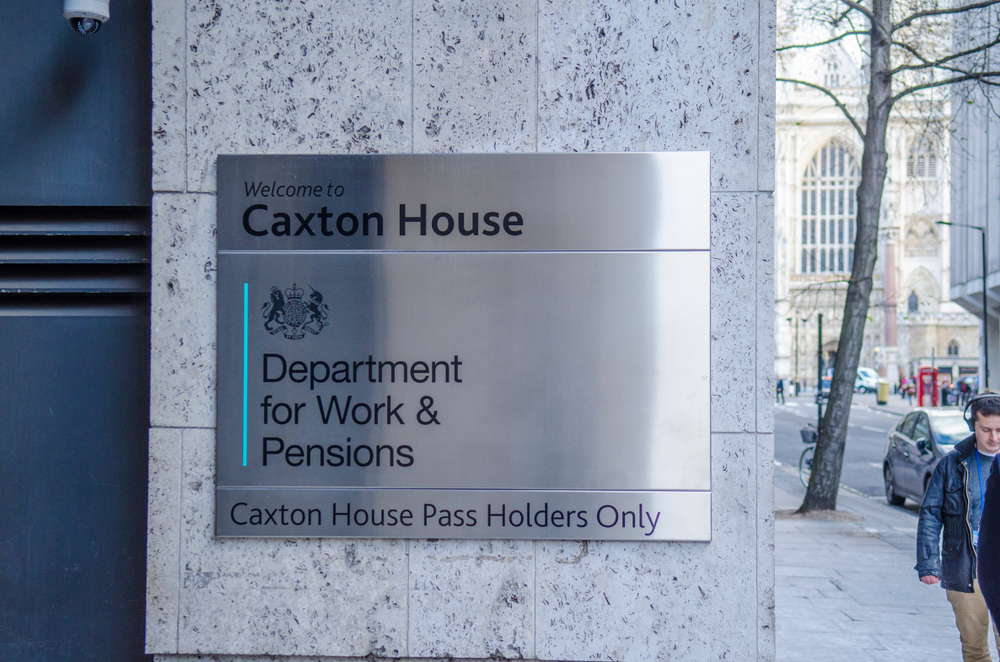Seven in 10 (71 per cent) divorced Which? members did not include pensions in their financial settlements, with women more likely to be negatively affected in the long term, new research from Which? has revealed.
The survey, which was conducted amongst 948 Which? members who had been through a divorce since 2000, showed that of the vast majority who opted not to pension share, almost one in five (18 per cent) had not considered a division of pensions during divorce proceedings, and 22 per cent did not want to share their pensions.
Data obtained by Which? from legal firm Nocklods via a freedom of information request revealed that the number of divorcing couples applying for pensions sharing orders has fallen by 36 per cent since 2017, from 36,202 to 23,622 in 2021.
Which? said it was concerned that some couples are potentially ignoring one of the biggest assets in their marriage. Leaving a large pension out of a divorce stands to disproportionately affect older women who are statistically more likely to have inadequate savings, it stated.
Recent research from Now Pensions, highlighted by Which?, stated that on average women spend as many as 10 years away from the workplace due to career breaks to look after children or elderly relatives, with the burden of care often not routinely split between married partners. Lower earnings, sometimes as the result of part-time work, also mean women may be making lower contributions, or earning less than the automatic enrolment threshold.
According to Which?, the gap between married men and women’s pension pots starts early, with married men aged 30-44 having on average more than double the private pension pot of their wife (£18,760 for married men compared to £8,604 for married women).
The gap continues was additionally found to grow with age, with couples in their sixties suffering from the starkest disparity in retirement savings.
Which? highlighted research carried out by the University of Manchester and the Pensions Policy Institute, which found the average married woman aged 64-69 has accrued merely £28,000 in private pension savings, compared with £260,000 for their male counterparts.
Which? money editor, Jenny Ross, commented: “Despite the law permitting the sharing of pensions during divorce proceedings since 2000, Which? research shows that a majority of couples neglect to do so.
“Women are most likely to be negatively affected by this and the financial impact on missing out on a share of a significant pension could be catastrophic in later life.
“Wherever possible, we encourage people to seek legal and financial advice when embarking on divorce proceedings, in order to ensure they are equipped to make the best financial decisions for the future.”
Commenting on Which? findings, Now Pensions head of PR and campaigns, Samantha Gould, said: “The new no-fault divorce laws which came into force in April has the potential to widen the financial inequality that women face in later-life.
"Pension pots are typically the second-largest asset, after property, in marriage but women are often walking away from divorces short-changed.
The pension gap between divorced women and men is huge and we have been campaigning to make pension sharing the default in all divorces. It’s time that we demand an equal playing field and push for some serious policy changes to address the inequalities in both pay and pensions."
Latest News
-
OBR analysis reveals potential impact of salary sacrifice changes
-
Strong funding levels continue as endgame landscape reshaped by innovation
-
Harwich Haven Authority Pension Fund finalises £45m buy-in with Royal London
-
GAD publishes LGPS gender pension gap reporting guidance
-
DB scheme funding levels continue to improve heading into 2026
-
News in brief - 6 February 2026
Private markets – a growing presence within UK DC
Laura Blows discusses the role of private market investment within DC schemes with Aviva Director of Investments, Maiyuresh Rajah
The DB pension landscape
Pensions Age speaks to BlackRock managing director and head of its DB relationship management team, Andrew Reid, about the DB pensions landscape
Podcast: From pension pot to flexible income for life

Podcast: Who matters most in pensions?

In the latest Pensions Age podcast, Francesca Fabrizi speaks to Capita Pension Solutions global practice leader & chief revenue officer, Stuart Heatley, about who matters most in pensions and how to best meet their needs
© 2019 Perspective Publishing Privacy & Cookies









Recent Stories